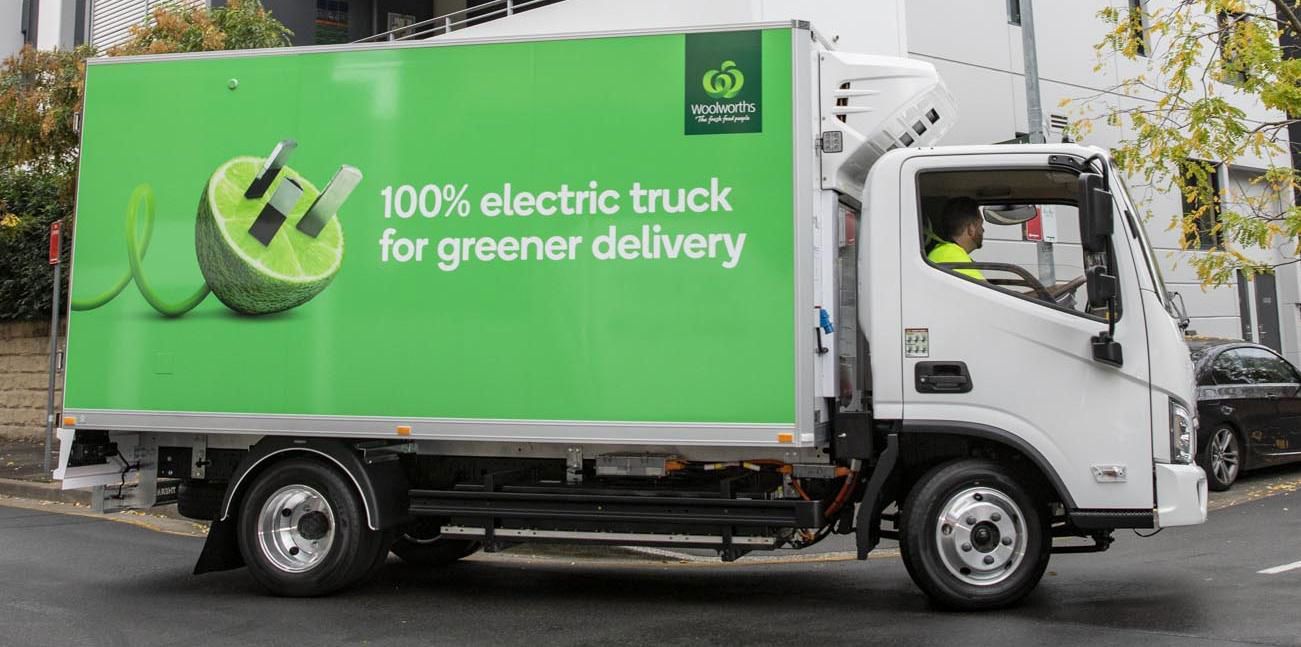
Ampol accelerates future fuels push with clean energy focus
EV infrastructure, hydrogen refuelling, biofuels and sustainable aviation fuel targeted in decarbonisation drive
The CEFC is working with Australia’s largest fuel supplier Ampol to help decarbonise the emissions-intensive transport sector with a range of clean technologies at service stations across Australia.
$100 million
CEFC commitment
Kickstarting
alternative fuels
Boosting
EV charging
By harnessing Ampol’s extensive critical infrastructure, including service stations, liquid fuel storage and distribution, as well as its supply chain connections to the marine, agriculture, mining and aviation sectors, this investment will demonstrate how fuel companies can be a part of the solution to the transport emissions challenge.Ian LearmonthCEO, CEFC
Our investment
The CEFC has committed $100 million to drive the decarbonisation of the transport sector through leading Australian transport energy provider Ampol.
The CEFC capital enables Ampol to make longer-term investment decisions to progress its Future Energy and Decarbonisation Strategies which leverage core Ampol assets and capabilities to establish new positions in new energy products and services.
Ampol is expected to seek to roll out electric vehicle (EV) charging and green hydrogen fuelling infrastructure, install solar PV and develop alternative fuels such as biofuels and sustainable aviation fuel.
OUR IMPACT
The transport sector is forecast to become Australia’s largest source of greenhouse gas emissions by 2030 unless urgent action is taken to decarbonise.
Solutions include improving vehicle and fuel efficiency and getting more zero emissions vehicles like battery EVs or hydrogen fuel cell vehicles on the road.
The CEFC commitment to Ampol will help it step up to the decarbonisation challenge by developing solutions that will help its customers drive down emissions.
By repurposing its existing infrastructure and networks for multiple uses, Ampol Is seeking to implement the most efficient pathway to decarbonisation.
Ampol targets net zero
Ampol has set a target of net zero emissions on an absolute basis across operations by 2040. By 2030 it is seeking to:
– Reduce Scope 1 and 2 operational emissions intensity by 10 per cent from 2021 levels
– Reduce operational emissions on an absolute basis by 50 per cent from 2021 levels
– Commit to 50 per cent equivalent net renewable electricity for operational use.1
1 Ampol Future Energy Strategy




